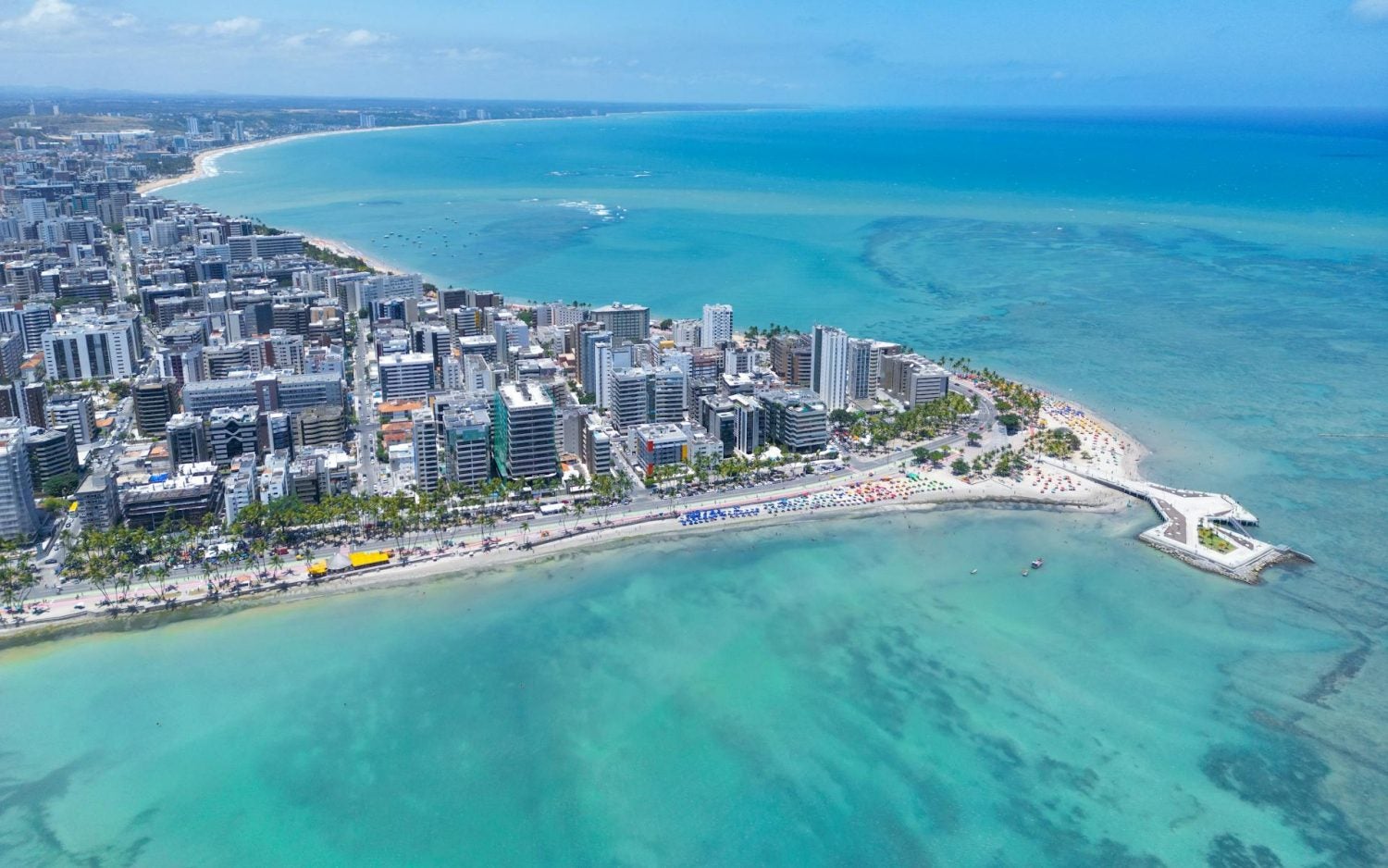Sending gifts internationally can be a delightful way to show your appreciation, celebrate special occasions, and stay connected with loved ones.
However, when it comes to sending gifts to Brazil, understanding the import taxes and regulations is crucial to ensure your gift arrives smoothly and without unexpected costs. This guide will walk you through the essential steps to navigate Brazil’s import taxes for gifts. If you’re looking for an efficient way to send gift baskets to Brazil, this article will provide you with the necessary information to make the process seamless.
Understanding Brazil’s Import Tax System
What Are Import Taxes?
Import taxes are levies imposed by the Brazilian government on goods entering the country. These taxes are designed to protect local businesses and generate revenue. When sending gifts to Brazil, it’s essential to be aware of these taxes to avoid surprises.
Types of Import Taxes in Brazil
Brazil’s import tax system includes several types of taxes that may apply to your shipment:
- Import Duty (II): This is a tax levied on the value of the goods.
- Tax on Industrialized Products (IPI): Applied to manufactured goods.
- Merchandise and Service Circulation Tax (ICMS): A state tax that varies depending on the destination state within Brazil.
- PIS and COFINS: Federal taxes applied to imports.
For more detailed information, you can visit the Brazilian Federal Revenue website.
Step-by-Step Guide to Navigating Import Taxes
Step 1: Determine if Your Gift Is Taxable
Not all gifts sent to Brazil are subject to import taxes. Small gifts with a declared value below $50 (USD) sent between individuals (not companies) may be exempt from import duties. However, other taxes like ICMS may still apply.
Step 2: Understand the Tax Calculation
The total import tax rate can vary, but it generally ranges from 60% to 100% of the declared value of the goods, including shipping costs. The exact rate depends on the type of goods and their destination. For an accurate calculation, you can use the Brazilian Tax Calculator.
Step 3: Prepare the Necessary Documentation
Proper documentation is essential for a smooth customs clearance process. Required documents include:
- Commercial Invoice: Detailed description of the items, their value, and the sender and recipient’s information.
- Packing List: A detailed list of the items in the package.
- Bill of Lading/Air Waybill: Provided by the shipping company.
Step 4: Choose a Reliable Shipping Service
Selecting a reputable international courier can help ensure your gift arrives safely and on time. Major couriers like DHL, FedEx, and UPS offer services to Brazil and can assist with customs clearance.
Step 5: Declare the Value Accurately
Always declare the value of the goods accurately. Undervaluing can lead to fines and delays. Include the cost of the item, shipping, and insurance in the declared value.
Special Considerations for Specific Items
Food and Beverages
Sending food and beverages, including alcohol, requires special attention. Certain items may be prohibited or require additional permits. For example, alcohol may incur higher taxes and require an import license.
For more details, check the Brazilian Ministry of Agriculture website.
Electronics and High-Value Items
Electronics and high-value items are subject to strict scrutiny and higher taxes. Ensure you provide detailed descriptions and accurate values to avoid complications.
Tips for a Smooth Shipping Experience
Use a Gift Delivery Service
Using a specialized gift delivery service can simplify the process.
Track Your Shipment
Most international couriers offer tracking services. Use the tracking number provided to monitor your shipment’s progress and address any potential issues promptly. For example, UPS Tracking provides real-time updates.
Communicate with the Recipient
Keep the recipient informed about the shipment. Provide them with the tracking number and expected delivery date. This can help prevent issues with customs clearance and delivery.
Common Pitfalls to Avoid
Ignoring Prohibited Items
Always check Brazil’s list of prohibited and restricted items before sending your gift. Prohibited items include narcotics, certain medications, and counterfeit goods. For a complete list, visit the Brazilian Customs Prohibited Items page.
Overlooking State-Specific Taxes
Remember that ICMS varies by state. Be aware of the recipient’s location and any additional taxes that may apply. The Brazilian States ICMS Rates page provides detailed information.
Conclusion
Navigating Brazil’s import taxes for gifts requires careful planning and attention to detail. By understanding the types of taxes, preparing accurate documentation, and choosing a reliable shipping service, you can ensure your gift arrives without complications. Whether you’re sending a small token of appreciation or a luxurious gift basket, following these steps will help you avoid delays and unexpected costs.

















